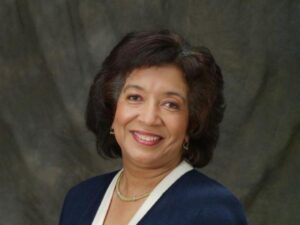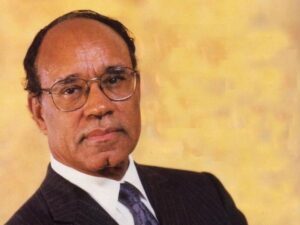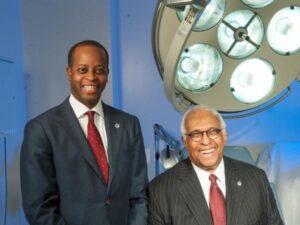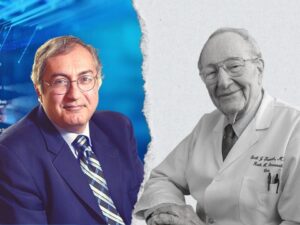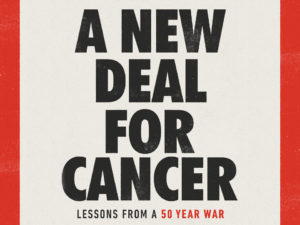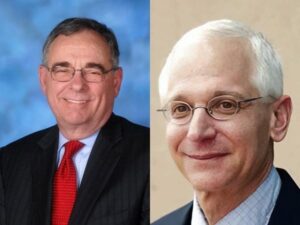A band of “Cancer Cowboys” once known as the ALGB—Acute Leukemia Group B—are, in large part, responsible for flipping the mortality rate of childhood leukemia from 90% to 10%, where it stands today.
A panel convened by the Cancer History Project for Black History Month started with a discussion of mentorship, and concluded with a big underlying concept—justice.
Edith Mitchell came a long way from growing up on a Tennessee farm, to becoming a brigadier general and serving on the President’s Cancer Panel.
Harold Freeman had big plans after he finished his residency at Memorial Sloan Kettering Cancer Center in 1968. He planned to cut cancer out of Harlem.
The Cancer History Project Guest Editor Robert Winn focused on the legacy of LaSalle Leffall, a Howard University surgical oncologist. He and John H. Stewart, director of Louisiana State University-Louisiana Children’s Medical Center Health Cancer Center spoke with Wayne A.I. Frederick, president of Howard University.
In 1974, The Cancer Letter published a story listing seven proposed “laws” postulated by of one of oncology’s wise men, Emil J Freireich (The Cancer Letter, May 14, 1976).
Forty-nine years and a few days after the signing of the National Cancer Act of 1971, we launched the Cancer History Project. One year and 11,894 articles later, we have built a shared, collaborative, and unprecedented resource.
Fifty years ago, President Nixon interrupted Christmas festivities to sign the National Cancer Act of 1971 into law. Fifty years later, we invite you to immerse yourself in that day to reflect on how far we’ve come.
To accurately gauge the impact of the National Cancer Act of 1971 at the half-century point, Abbe R. Gluck and Charles S. Fuchs decided to focus on more than the science of cancer.
Soon after starting work on a book about the role the NCI-designated cancer centers have played in the National Cancer Program, Skip Trump and Eric Rosenthal got in touch with John W. Yarbro.




